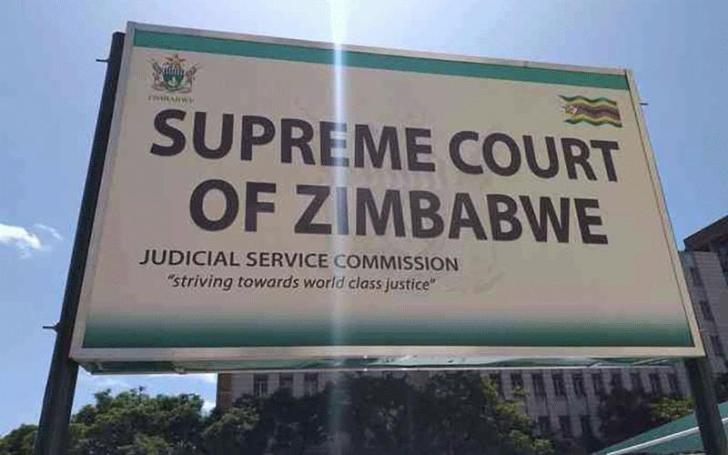News / National
Company loses US$10m suit against City Parking
21 Aug 2024 at 08:22hrs |
0 Views

The Supreme Court of Zimbabwe has dismissed a US$10 million lawsuit filed by Zemqos Incorporated (Pvt) Ltd against City Parking over an alleged breach of a verbal agreement concerning the supply and installation of an automated parking management system in Harare.
Zemqos had appealed a High Court ruling that dismissed its claim for specific performance of the verbal contract and sought damages as an alternative.
In 2014, Zemqos and City Parking entered into a verbal agreement for the installation of a fully automated parking system across 5,000 bays.
Zemqos installed the system on 555 bays and supplied 200 handheld devices, with City Parking paying for the initial stage and continuing to pay license fees until 2017.
Zemqos claimed City Parking failed to allocate the remaining 4,445 bays and continued using the system without paying license fees.
City Parking, however, denied these claims, stating the verbal agreement was not fully honored by Zemqos and argued that the contract had already been canceled.
The High Court found no evidence to support Zemqos's claims and dismissed the lawsuit. Zemqos then appealed to the Supreme Court, which upheld the High Court's decision, ruling that the appeal had no merit and that the alternative claim for damages was also without merit.
The Supreme Court supported the High Court's judgment that the performance of the contract was conditional upon the availability of funds, which Zemqos failed to prove.
Zemqos had appealed a High Court ruling that dismissed its claim for specific performance of the verbal contract and sought damages as an alternative.
In 2014, Zemqos and City Parking entered into a verbal agreement for the installation of a fully automated parking system across 5,000 bays.
Zemqos installed the system on 555 bays and supplied 200 handheld devices, with City Parking paying for the initial stage and continuing to pay license fees until 2017.
City Parking, however, denied these claims, stating the verbal agreement was not fully honored by Zemqos and argued that the contract had already been canceled.
The High Court found no evidence to support Zemqos's claims and dismissed the lawsuit. Zemqos then appealed to the Supreme Court, which upheld the High Court's decision, ruling that the appeal had no merit and that the alternative claim for damages was also without merit.
The Supreme Court supported the High Court's judgment that the performance of the contract was conditional upon the availability of funds, which Zemqos failed to prove.
Source - newsday
Join the discussion
Loading comments…
































